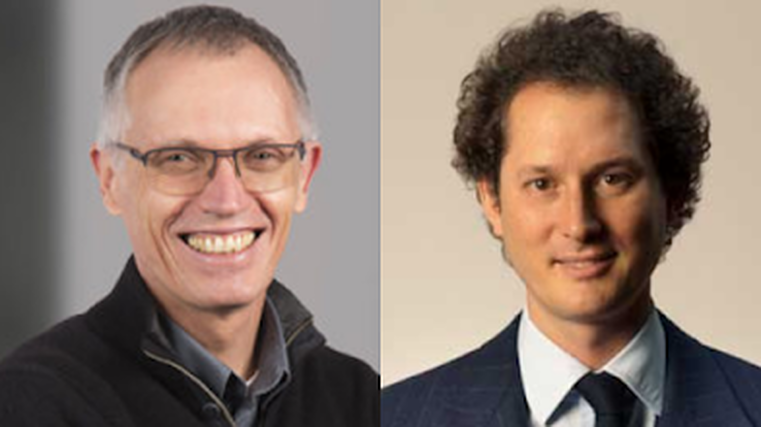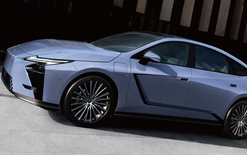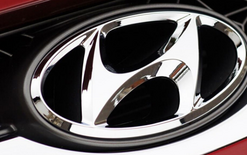Fiat Chrysler and Peugeot agree $76b merger

Fiat Chrysler and PSA Peugeot have signed a NZ$76 billion deal to merge, creating the world’s fourth largest carmaker.
The combined company, for a which a name has yet to be decided, now faces the challenge of winning over regulators and delivering on a pledge to slash costs without closing factories. Fiat and PSA say they expect to make NZ$6b of cost cuts but have not revealed where they will fall.
The US-Italian and French firms sold 8.7 million cars between them last year, but analysts say they have potential manufacturing capacity of 14m vehicles. Only Toyota, Volkswagen and the Renault-Nissan alliance are larger.
In a joint statement, the two merger partners say the new group will be led by PSA’s chief executive Carlo Tavares, pictured left, with Fiat Chrysler’s John Elkann, pictured right, becoming chairman of the new firm.
“Our merger is a huge opportunity to take a stronger position in the auto industry as we seek to master the transition to a world of clean, safe and sustainable mobility and to provide our customers with world-class products, technology and services,” Tavares says. “I have every confidence that with their immense talent and their collaborative mindset, our teams will succeed in delivering maximised performance with vigour and enthusiasm.”
The two firms announced a preliminary deal this year for a 50-50 share merger that would unite brands such as Fiat, Jeep, Dodge, Ram and Maserati with the likes of Peugeot, Opel and DS. The terms were little changed in the binding deal announced on December 18.
Success is vital to help both companies cope with a slowdown in demand and the cost of making cleaner vehicles to meet tougher emissions regulations.
The deal is expected to close in 15 months but trade unions have vowed to resist any move to cut jobs. FCA says it will meet unions before Christmas to discuss the merged company’s plans.
Winning over regulators in the United States and Europe will also be a priority for the new entity.
“This is obviously a huge consolidation of the sector that will surely require a considerable effort in securing competition [approval] across a variety of jurisdictions and especially the European Union,” says Jonathan Branton, head of competition at global legal business DWF.





